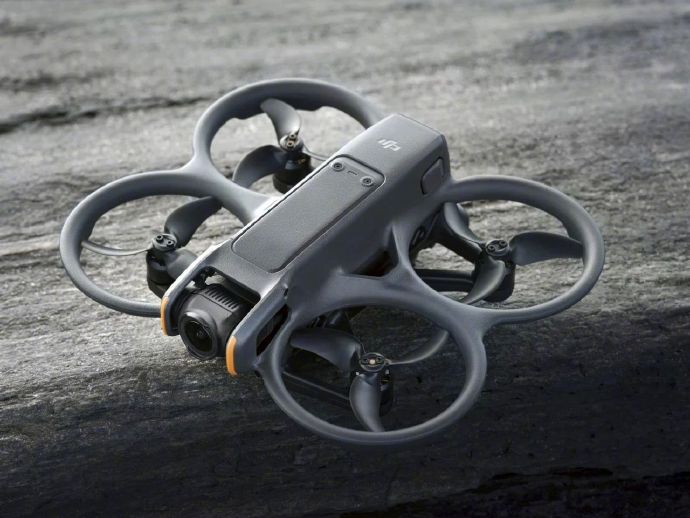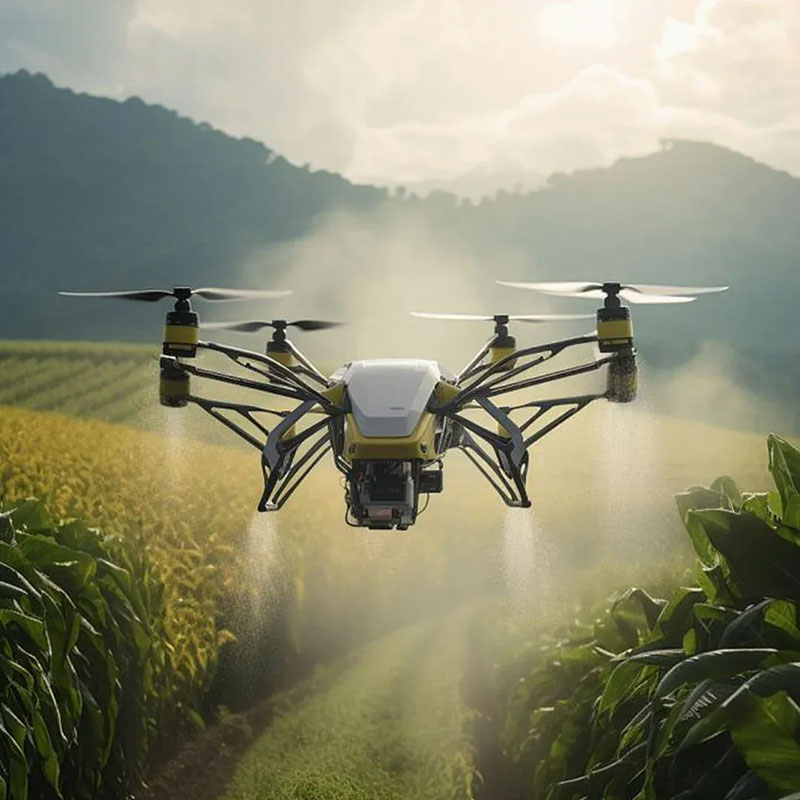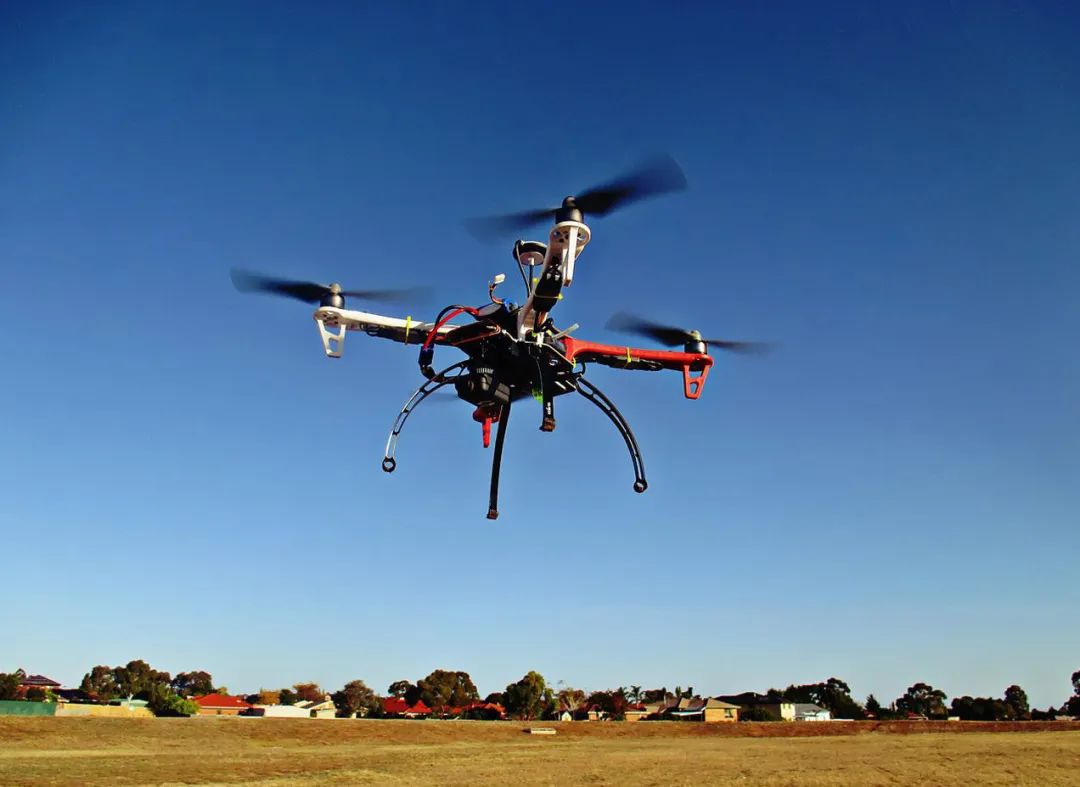Flying a drone can be an exciting experience, offering unique perspectives and opportunities for photography, videography, and exploration. However, before you take to the skies, it’s important to consider the legal requirements you may encounter. The question of “do you need a permit to fly a drone” can be complex, depending on where you live and how you plan to use your drone.
Understanding Drone Regulations
Drone regulations are essential to ensure safety in the airspace. Most countries have laws that govern how drones can be used, and these laws often require drone operators to obtain a permit for certain types of activities. In the United States, for instance, the Federal Aviation Administration (FAA) has specific rules for drone use under Part 107, which covers small unmanned aircraft systems.
Key factors that determine whether you need a permit include the weight of the drone, the purpose of the flight, and the location where the flight will take place. For instance, hobbyists flying drones for recreational purposes may not require a permit, whereas commercial drone operators must typically seek authorization.
Recreational Use vs. Commercial Use
The intent of your drone usage plays a critical role in regulation. Recreational drone pilots usually fall under less stringent rules compared to commercial operators. Recreational pilots should follow community-based safety guidelines and ensure their drone weighs under the specified limit without needing extensive paperwork.
Conversely, commercial drone use, such as for photography services, surveying, and inspections, generally requires an operator to hold a Remote Pilot Certificate. This involves passing an aeronautical knowledge test and submitting to background checks.
Location-Based Restrictions
In addition to the purpose of flight, where you fly your drone can affect permit requirements. Drones are restricted from flying near airports, over people, or in protected airspaces without obtaining specific waivers from aviation authorities. For example, the FAA prohibits flights over large gatherings without a waiver, especially for larger drones.
Countries like Canada and the United Kingdom have similar location-based restrictions. In Canada, flying a drone in controlled airspace requires a Special Flight Operations Certificate, while in the UK, operators must register and adhere to the Drone and Model Aircraft Code.
Why Are Drone Regulations Important?

These regulations are in place to ensure public safety and protect sensitive areas from potential security threats. They also help minimize conflicts with manned aircraft, ensuring drones do not pose hazards to others.
Furthermore, understanding and complying with local drone laws helps promote the responsible use of flying technologies, fostering good relations between drone enthusiasts and the general public.
Steps to Obtaining a Drone Permit

If you determine that you need a permit, the process typically involves several steps:
- Research the specific requirements in your country for drone permits related to your intended use.
- Ensure your drone is registered if required.
- Meet the training and testing standards set by aviation authorities. For instance, in the U.S., you must pass the FAA’s aeronautical knowledge test.
- Submit an application with any necessary documentation, such as proof of insurance or flight safety procedures.
It is advisable to stay updated on the changing landscape of drone legislation, as rules can evolve with technological developments and shifts in public policy.
FAQs on Drone Permits
- Do all drones need to be registered?
- Not all drones need registration, but those above 250 grams typically do. Check your local regulations for exact requirements.
- Can I fly a drone at night?
- Flying at night often requires additional permissions, and operators must ensure appropriate lighting on the drone for visibility.
- Is insurance necessary?
- Insurance isn’t always mandatory but is recommended, especially for commercial operations, to cover liabilities and potential damages.

